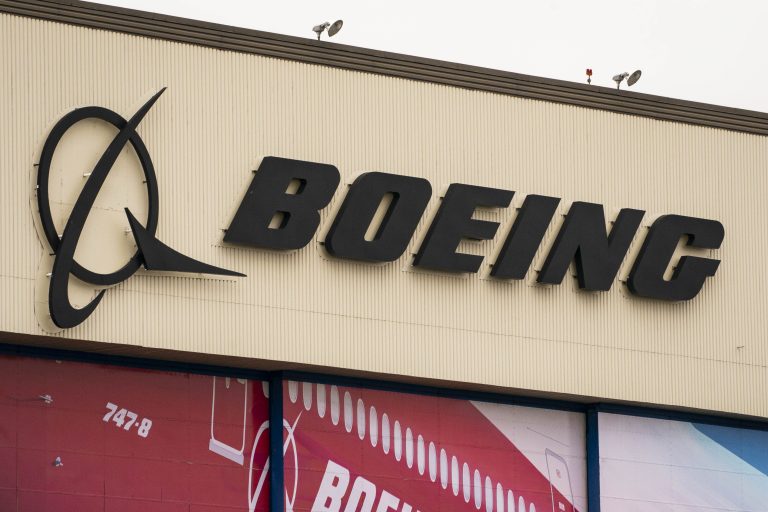U.S. Commerce Secretary Gina Raimondo has accused Chinese authorities of stalling Boeing’s sale of planes to domestic airlines. She also said that Beijing was not adhering to the 2020 trade deal to buy American goods.
“I don’t know if Boeing is here. … There’s tens of billions of dollars of planes that Chinese airlines want to buy but the Chinese government is standing in the way,” Raimondo told reporters following a speech in Washington.
In an interview with NPR, Raimondo again claimed that Beijing was blocking Boeing sales. “They are not respecting intellectual property and stealing IP of American companies. They’re putting up all kinds of different barriers for American companies to do business in China,” she said.
Chinese Foreign Ministry spokesperson Hua Chunying criticized Raimondo’s statement, saying that the decision on whether or not to buy the Boeing airplanes must be left up to the companies.
At a daily briefing, Hua asked the American administration to work with China for a “healthy and steady development” of relations. She accused Washington of mixing economics with ideologies.
Success
You are now signed up for our newsletter
Success
Check your email to complete sign up
“The international community sees very clearly who has been wielding the big stick of sanctions, and politicizing and weaponizing economic issues with ideological prejudice in the past few years,” Hua said at the briefing.
Back in March, Beijing had asked the U.S. administration to keep issues like human rights separate from trade relations with China. Not doing so would only be advantageous to the company’s European rival Airbus, it said.
While speaking at the U.S. Chamber of Commerce Aviation Summit, Chief Executive Dave Calhoun said that dealing with China is “more difficult” for the Biden administration as was the case with the Trump administration. He stated that despite any issues between the two nations, America still has to trade with its largest partner China.
“I am hoping we can sort of separate intellectual property, human rights, and other things from trade and continue to encourage a free trade environment between these two economic juggernauts. … We cannot afford to be locked out of that market. Our competitor will jump right in,” the Boeing chief said.
The most pressing concern for Beijing in China is undoubtedly the fate of its 737 MAX passenger jet. Following two fatal crashes in 2019, the planes were grounded globally.
In November last year, U.S. authorities approved the planes to fly once again. Europe and other nations across the world followed with similar decisions. However, China has until now refused to allow the planes back in service citing safety concerns.
Prior to the crashes, which killed 346 people in total, Boeing was selling almost 25 percent of its planes to Chinese buyers annually. Though China has promised to eventually approve the 737 through a “step-by-step” approach, experts have warned that the tensions between Washington and Beijing might draw out the issue.
Last month, the 737 Max took part in a test flight for China’s aviation regulator, the Civil Aviation Administration of China (CAAC). Boeing China president Sherry Carbary said that the test flight “went off without a hitch.” The company is working with CAAC while the regulator analyzes data and finalizes reports on whether the planes are to be allowed back in service.
“We are hopeful it will happen by the end of the year… It is up to CAAC. But I can tell you we are doing all we can to support them and we’re encouraged about how closely they are working with us,” Carbary said. She refused to comment on Raimondo’s allegations that Beijing was blocking the sale of Boeing planes.
“I think right now our two governments are having some competitive issues on some sensitive issues that are legitimate and the two countries need to work through those,” Carbary stated while adding that only a free and fair trade system can enable Boeing to sell its planes worldwide.
Last week, Beijing revised its forecast for China’s aircraft demand over the next two decades. The company expects demand for 8,700 planes. This would represent a $1.47 trillion opportunity based on current list prices.
















